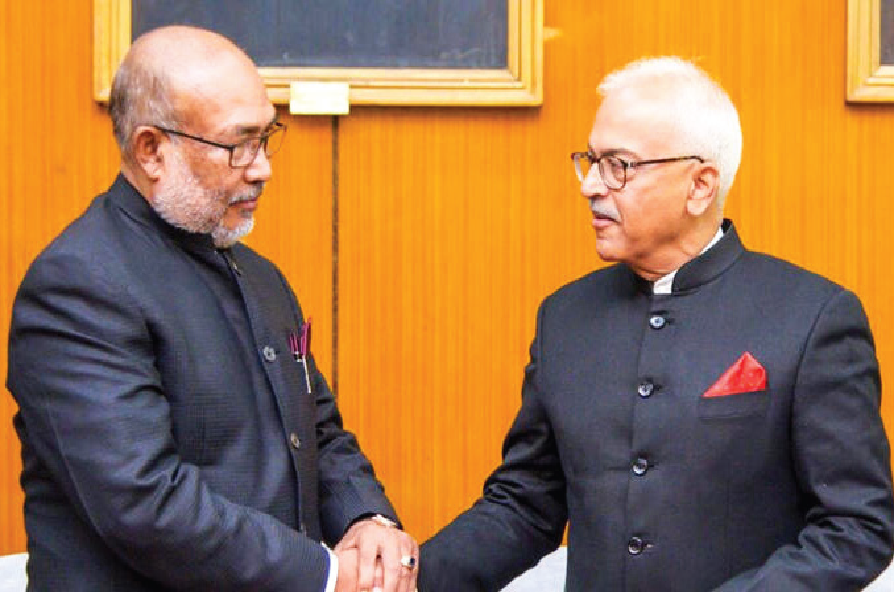
SC: Allahabad HC ruling on Madrasa Act 'erroneous'
PTI New Delhi: The Supreme Court on Tuesday said the positive concept of secularism required the state to treat minority institutions at par with secular ones and treat all equally irrespective of faith, belief. A bench of Chief Justice of India (CJI) D Y Chandrachud and Justices J B Pardiwala and Manoj Misra made the remarks while upholding the constitutional validity of the 2004 Uttar Pradesh madrassa education law. As a result, it set aside the March 22 Allahabad High Court order that quashed the madrasa law on the ground that it was violative of secularism. The bench said, "The positive concept of secularism requires the state to take active steps to treat minority institutions on par with secular institutions while allowing them to retain their minority character. Positive secularism allows the state to treat some persons differently to treat all persons equally. The concept of positive secularism finds consonance in the principle of substantive equality." Referring to Article 30(1), the top court said it recognised and preserved different types of people, with diverse languages and different beliefs, while maintaining the basic principle of equality and secularism.
"Secularism is one of the facets of the right to equality. The equality code outlined in Articles 14, 15, and 16 is based on the principle that all persons, irrespective of their religion, should have equal access to participate in society. The state cannot give preference to persons belonging to a particular religion in matters of public employment," it said. CJI Chandrachud, who authored the verdict, said the equality code prohibited the state from mixing religion with secular activity. The right of minorities to administer educational institutions included the right to manage its affairs in accordance with the community's interest, added the SC.
"The state can enact regulatory measures to promote efficiency and excellence of educational standards. Regulations about standards of education do not directly bear upon the management of minority institutions. The state can regulate aspects of the standards of education such as the course of study, the qualification and appointment of teachers, the health and hygiene of students, and facilities for libraries," it noted.
 English daily published in Bengaluru & Doha
English daily published in Bengaluru & Doha






